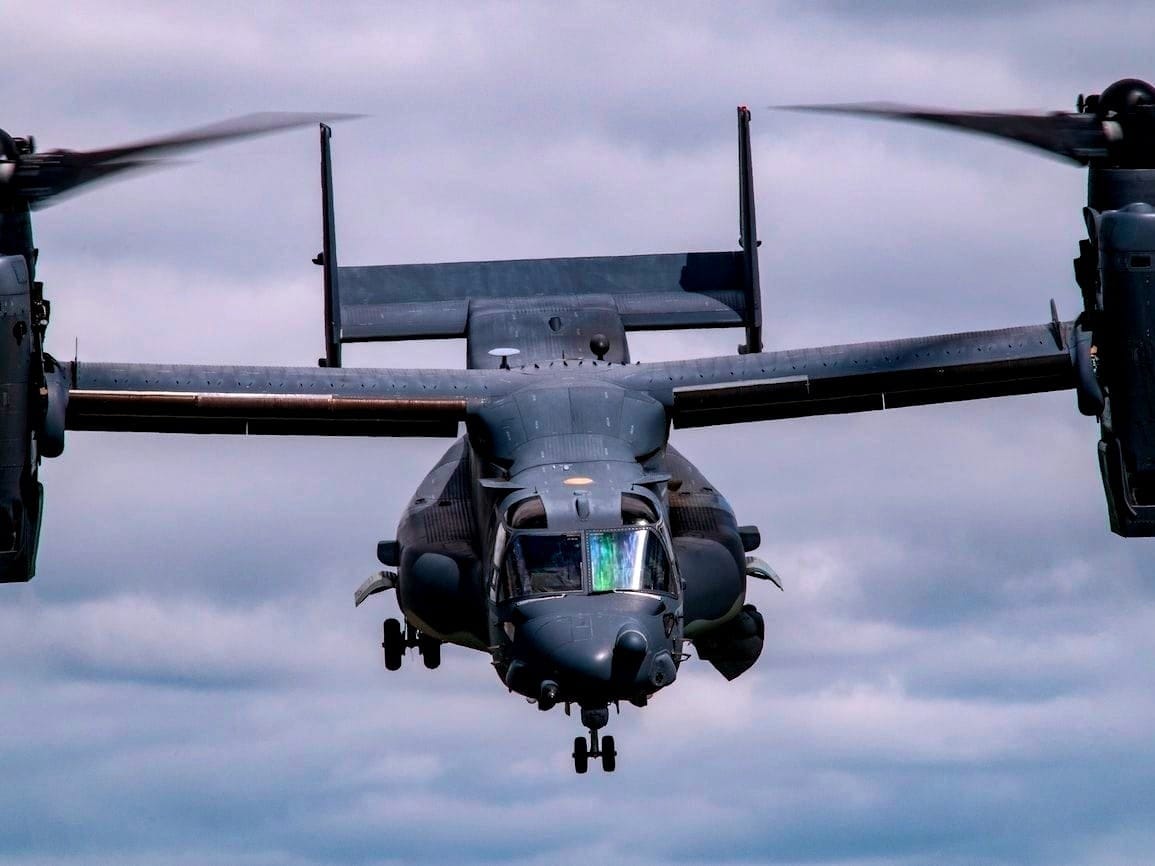THE HAGUE (AN) – Representatives of more than 60 nations endorsed a call to ensure the “responsible” use of artificial intelligence in the military domain. The first-of-its-kind agreement is meant to signal a new era of cooperation on the existential risks of a global AI-driven arms race.
The agreement emerged on Thursday from high-level political discussions among 80 countries on the sidelines of an international summit in the Netherlands. Signatories include the major military powers of China and the United States, as well as the full roster of the NATO alliance. Russia was not invited to attend because of its nearly yearlong invasion of Ukraine.








